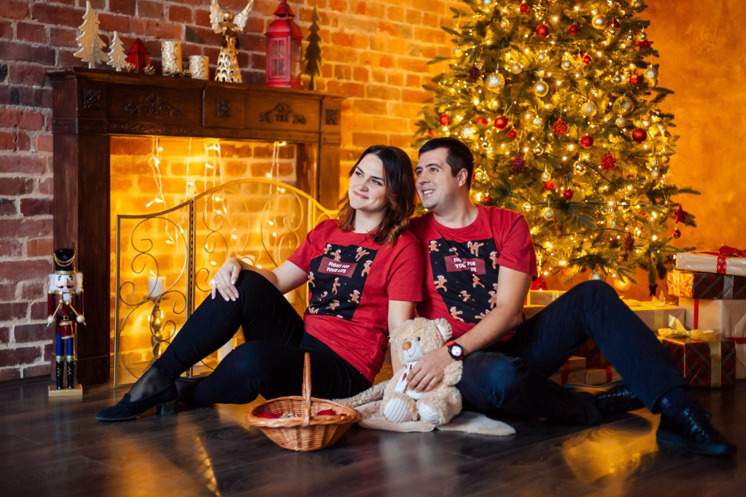Why Artificial Christmas Trees Can Be Dangerous for Pets
Artificial Christmas trees are popular because they are convenient, low-maintenance, and offer the same festive feel as real trees. However, pet owners should know that artificial Christmas trees can pose health risks to furry friends.
The first danger of artificial trees is that they are often made from materials unsafe for pets to ingest. For example, PVC is a common material used to make artificial trees, and if ingested, it can cause vomiting, diarrhea, and other digestive problems in pets. Similarly, the chemicals used to make the trees fire-resistant can also be toxic to pets.
Another risk of artificial trees is that they can shed small, sharp pieces of plastic. These pieces can quickly get stuck in a pet’s paws or throat, causing pain, discomfort, or choking. Additionally, pets can mistake the plastic for treats and swallow them, leading to further health problems.
Tips for Keeping Pets Safe Around Artificial Christmas Trees
Fortunately, there are several steps pet owners can take to keep their furry friends safe around artificial trees. Here are some tips:
1. Choose an artificial tree made from pet-safe materials like polyethylene. This material is non-toxic and doesn’t shed small pieces, making it a safer option for pets.
2. Keep the tree’s needles, ornaments, and lights out of reach of pets. This will prevent them from getting stuck in a pet’s paws or mouth and reduce the risk of pets knocking over the tree.
3. Train your pet not to chew on or play with the tree. This can be done by providing your pet with plenty of toys, keeping them engaged with other activities, and supervising them around the tree.
4. Keep your pet’s treats and food in a pet-proof container away from the tree. This will encourage your pet to climb the tree or eat the plastic pieces.
5. If your pet shows signs of illness, such as vomiting or diarrhea, seek medical attention from a vet immediately. This can prevent the situation from worsening and ensure your pet receives appropriate care.
Alternative Christmas Tree Options for Pet Owners
If you are concerned about the risks of artificial trees and want a safer option for your pets, consider several alternatives. Here are some options:
1. Real Christmas trees: While they may shed needles, they are generally safer for pets than artificial trees. However, keep the tree watered to prevent it from drying out and becoming a fire hazard.
2. Custom-made trees: Some companies offer trees designed with pets in mind. These trees are made from pet-safe materials to reduce the risk of choking and other injuries.
3. DIY trees: Make your Christmas tree from safe pet materials if you feel creative. For example, you could use branches from a non-toxic plant or create a tree out of cardboard boxes. In conclusion, while artificial Christmas trees may seem like a safe option for pet owners, they can pose health risks to pets. Following the above tips and considering alternative tree options, pet owners can ensure a safe and happy holiday season for their furry friends. Remember these tips, and have a wonderful, safe holiday season for you and your pets!
